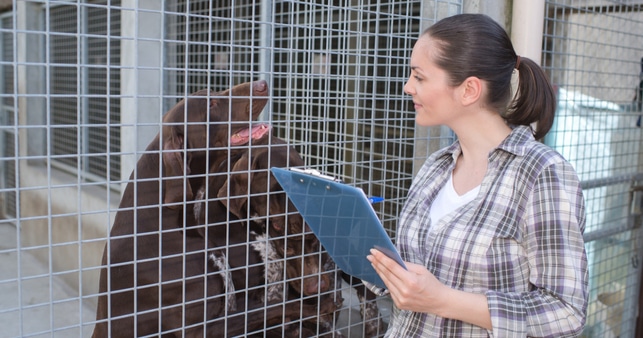
R U OK? Day is an annual opportunity for employers to pause and reflect on workplace culture, and the impact it can have on employee mental health and wellbeing.
On average, Australian employees take 8.8 unscheduled days off per year. This costs employers approximately $578 per employee per absent day, with the annual cost of absenteeism to the Australian economy an estimated $44 billion per year.
Stress and depression are the largest contributors to lost productivity in Australia. Each year, a total of 3.2 days per worker are lost – due to workplace stress.
Senior Talent Manager at Employsure, Jessica Everitt says behind these figures are people feeling undervalued, overwhelmed or low, “putting the dollar and cents aside, there is also a human cost.”
“The good news is early intervention and support can make a difference. Productivity losses are halved when employees with mental health conditions seek early intervention or treatment.”
“One of the keys to enabling this change is ensuring that business leaders, managers and peers discuss the benefits of getting help in a genuine, positive way. With international figures showing people would be unlikely to disclose a mental health condition to their employer for fear of repercussions, there’s a pressing need to eradicate stigma and discrimination, whilst ensuring we reach out and support our colleagues when it’s needed.”
It is important for everyone to continue these important conversations about wellbeing and support services across the country.
“We are flying the flag today, because employers and employees, their families, and the wider community need to play a role in continuing the conversation on mental health and wellbeing and where support is available to those who need it,” says Ms Everitt.
What can you do to create a more supportive culture in your workplace?
• Encourage employees to speak to their manager if they’re having any issues. If an employee comes to you, treat them with sensitivity, respect and empathy.
• If you’re going to ask an employee “Are you ok?” pick your moment. Choose a private and informal location, and suitable time. Make sure you’ve blocked out enough time for the conversation.
• Listen without judgement and take what they say seriously.
• Encourage them to take action such as talking to family, a trusted friend, their doctor or an Employee Assistance Provider (EAP).
• Have a record of the details of your local EAP contact and your Human Resources Department that you can pass on.
• Maintain their confidentiality and privacy.
• Remember to follow up in a few days and check how the person is going.



